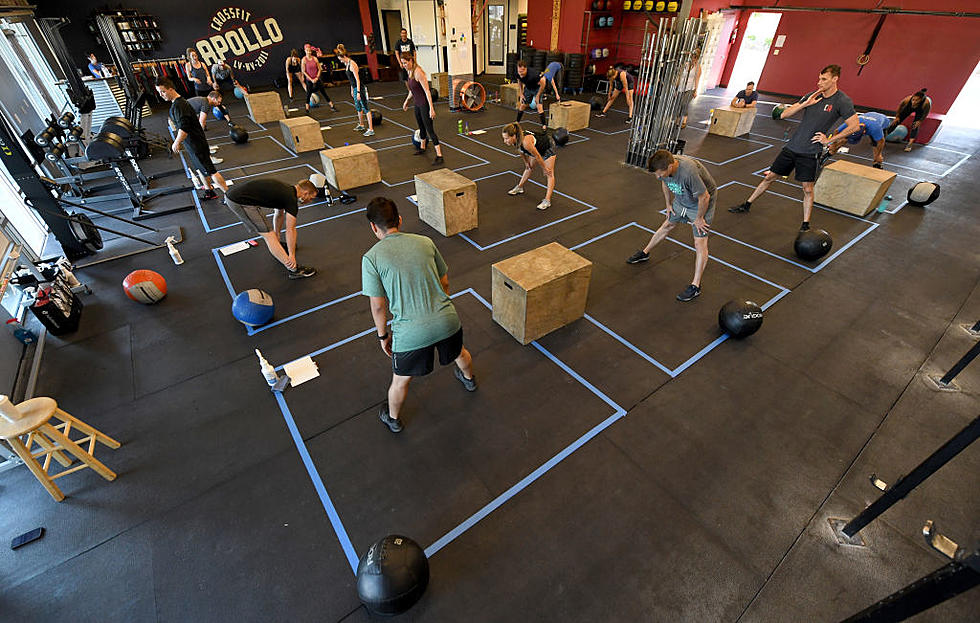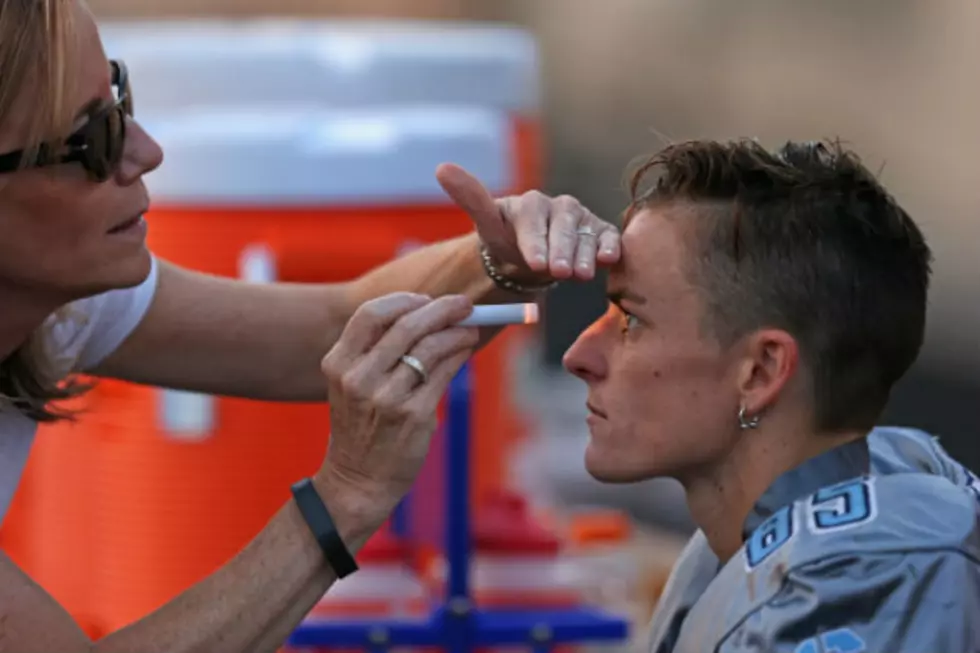
Computer Brain Games Keep You Sharp
According to researchers, age-related memory decline affects approximately 40 percent of older adults. But there is good news, new studies have proved that brain-training programs can significantly improve memory and language skills - especially in older people.
A study from UCLA found that just 20 minutes of brain training once every four days can improve your immediate memory recall, and help you remember things for longer.
The UCLA team studied 69 dementia-free participants, with an average age of 82. They each lived in retirement communities in southern California. Each participant played a computerized brain-fitness program called Dakim BrainFitness.
The program trains the brain through more than 400 exercises in the areas of short- and long-term memory, language, visual-spatial processing, reasoning and problem-solving, and calculation skills. Of the 69 participants, 52 of them played at least 40 sessions of the game over a six-month period. Each session lasted 20 minutes. All of the 52 participants showed improvement in both immediate and delayed memory skills, as well as language skills, when compared with the 17 members from a control group. The findings suggest that older adults who participate in computerized brain training can improve their cognitive skills.
In similar research from London Metropolitan University, claimed just 15 minutes a day spent on brain training exercises promotes the growth of new brain cells.
The London researchers studied 64 people, aged from 20 to 71 and suffering problems including traumatic brain damage, stroke and dementia. One group of volunteers were given handheld electronic devices and asked to play a brain training game which tested short-term memory for just 15 minutes. The others carried out traditional word recall exercises using pen and paper. The researchers then tested all the participants on a traditional memory recall task, and found a significant improvement in both groups. But for those who had practiced on computer games, recall had improved by 60 per cent - compared with 37 per cent for those who practiced on paper.
Ready to try? Click here for free brain games
More From WWMJ Ellsworth Maine






![Can Reverse Psychology Work On A Dog, Yup [Video/Poll]](http://townsquare.media/site/543/files/2015/11/mananddog.jpg?w=980&q=75)


